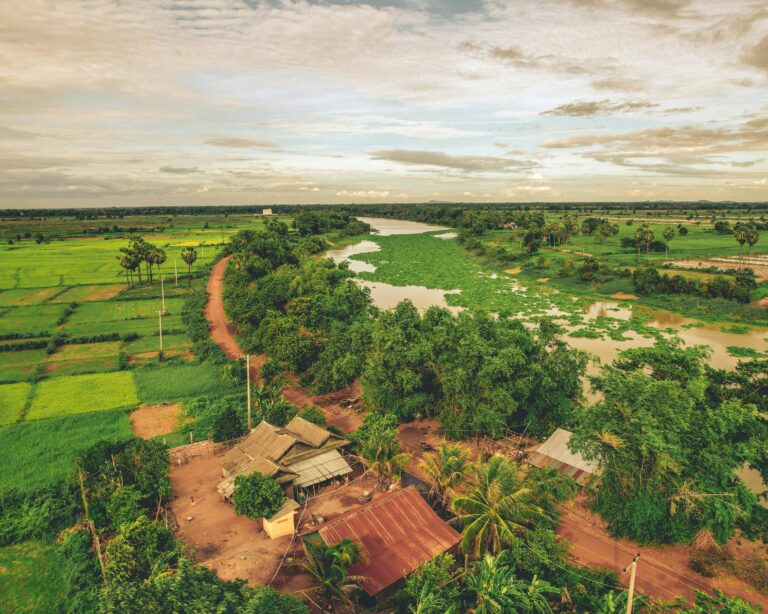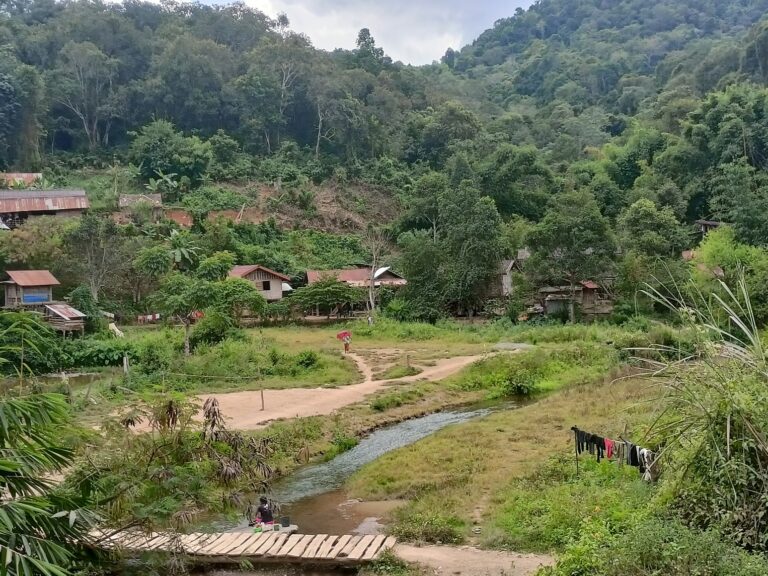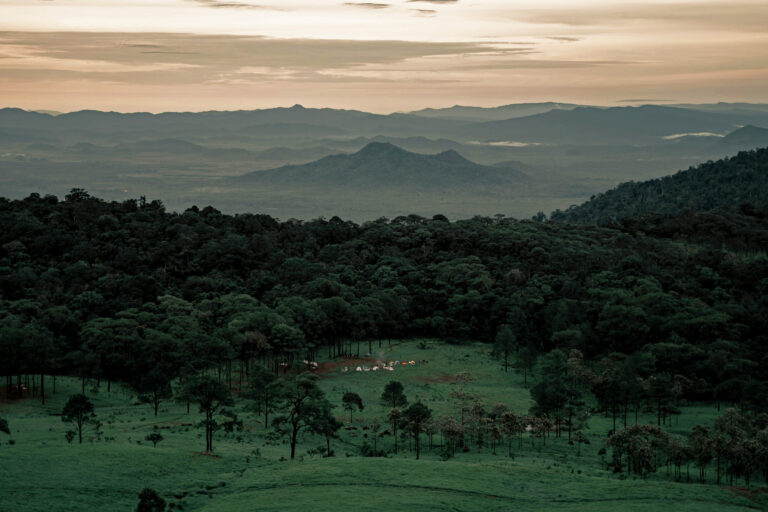Project Description
Asia’s critical infrastructure is increasingly at risk from climate change, threatening development gains and economic stability. In response, the Asian Development Bank (ADB) launched the TA 9191: Building Climate Change Resilience in Asia’s Critical Infrastructure project, implemented by a joint venture between ICEM, the Asian Disaster Preparedness Center (ADPC), and Philkoei International (PKII). Focusing on South and Southeast Asia, the project targeted infrastructure in the energy, water, and transport sectors—key areas identified as both essential and vulnerable to climate impacts such as flooding, storm surges, and rising temperatures.
Objectives, Activities, and Results
The project aimed to strengthen knowledge and identify priority actions to scale up climate-resilient infrastructure investments. It produced three key outputs: (1) a comprehensive inventory of critical infrastructure in the region; (2) climate vulnerability assessments of selected infrastructure assets, including in-depth studies in pilot countries; and (3) a menu of policy, technical, financial, and ecological options to reduce risks, including climate-resilient design standards. The results informed ADB’s long-term strategy beyond Strategy 2020 and helped meet its adaptation finance target of USD 2 billion by 2020. The project provided ADB and developing member countries with actionable insights for safeguarding infrastructure and sustaining inclusive development in a changing climate.
Links



